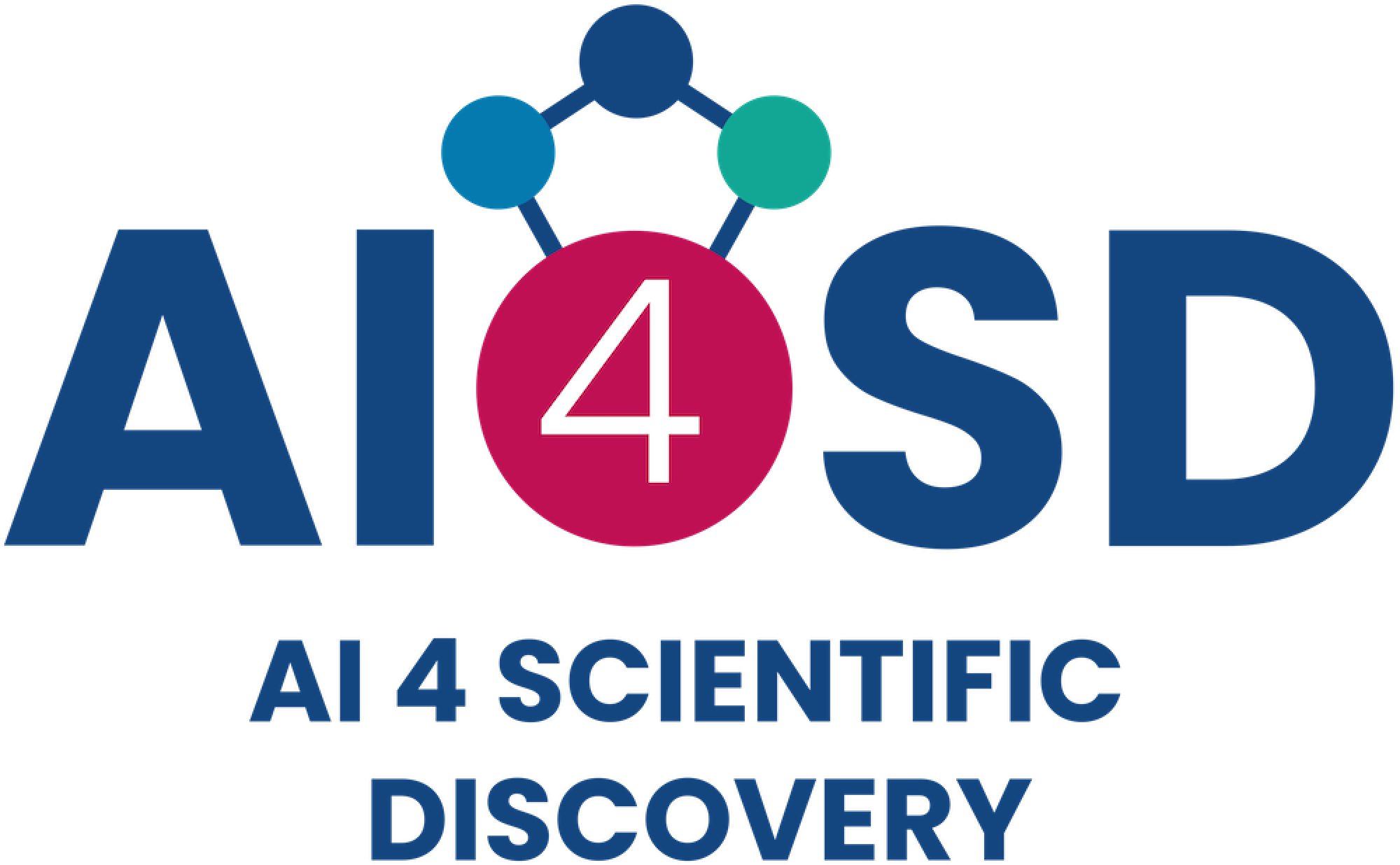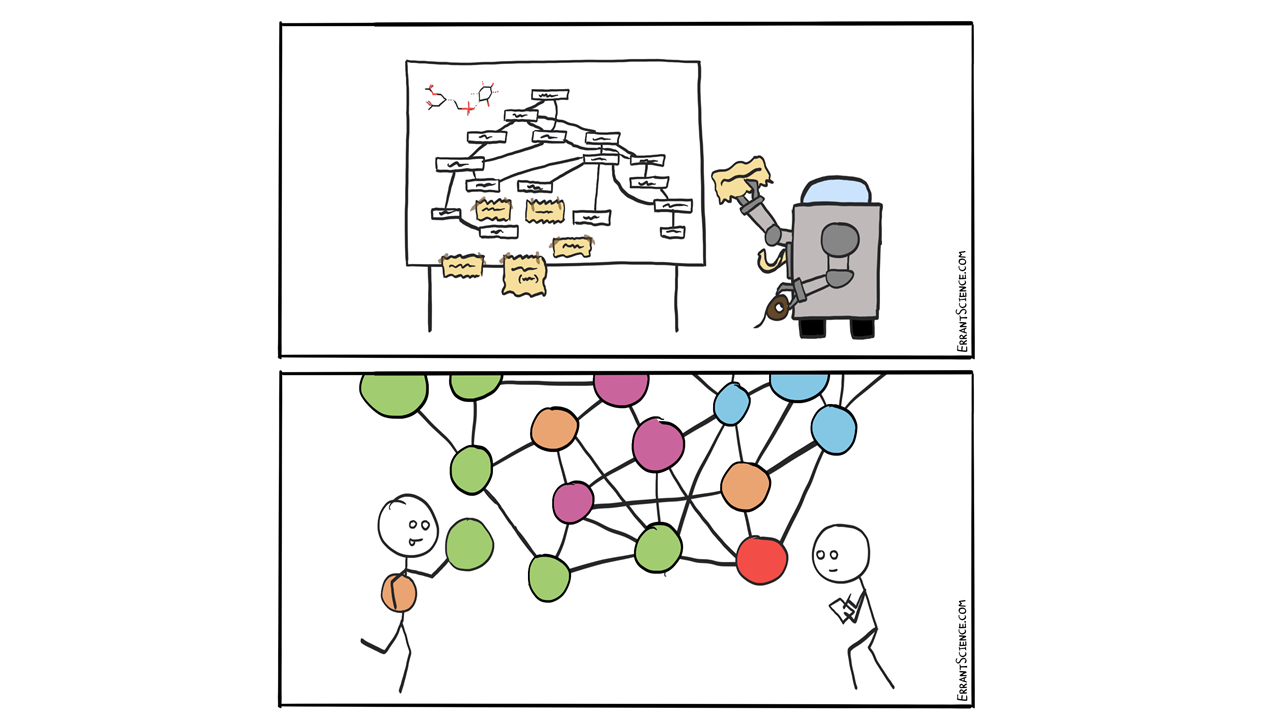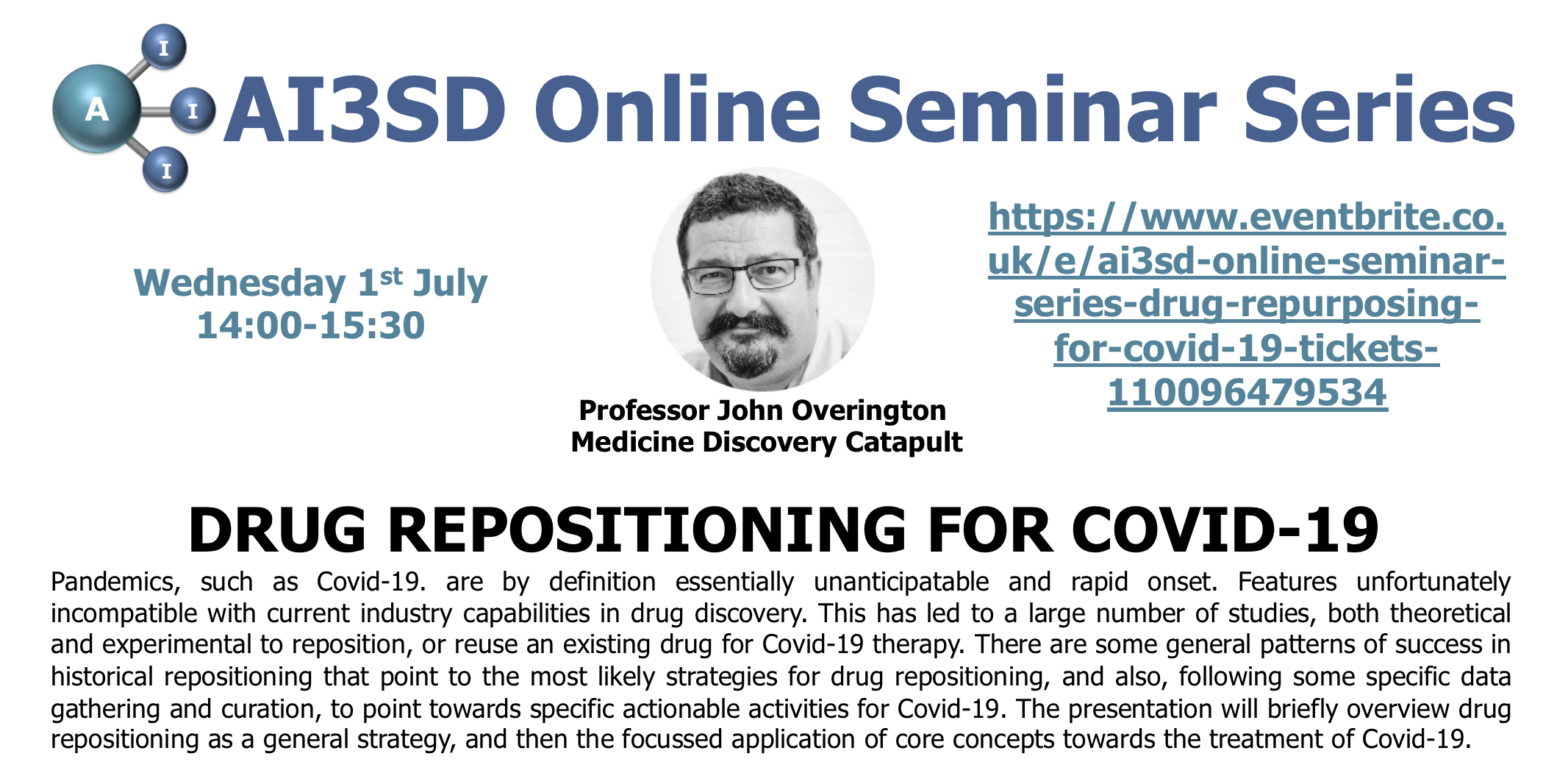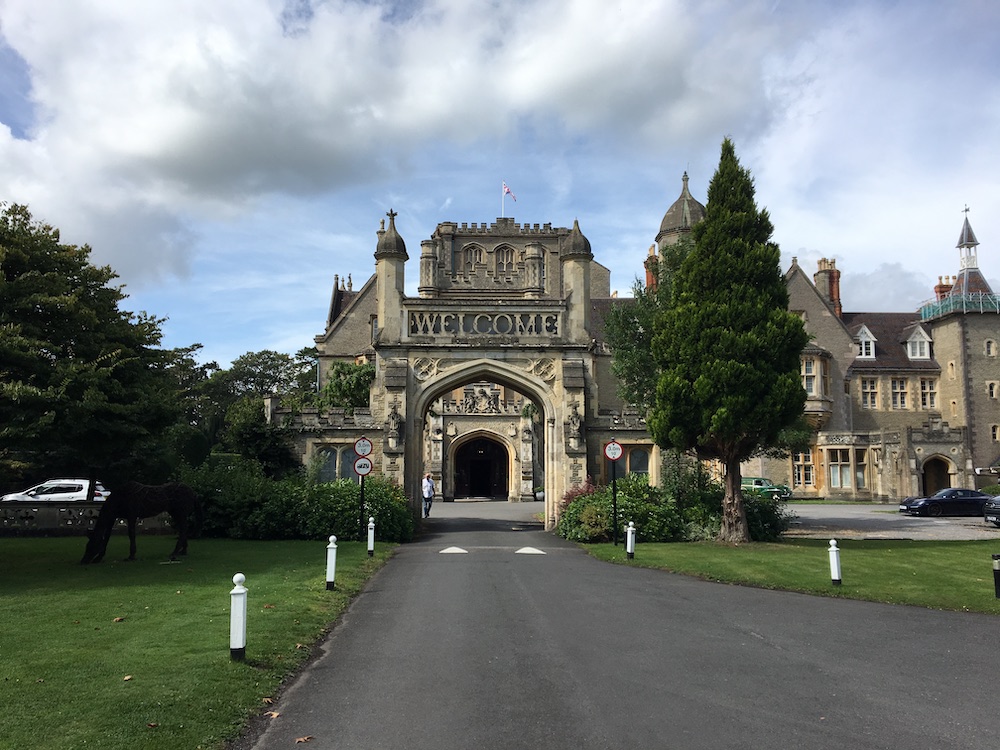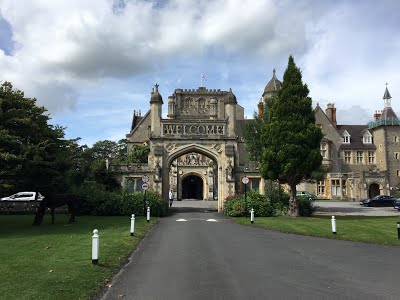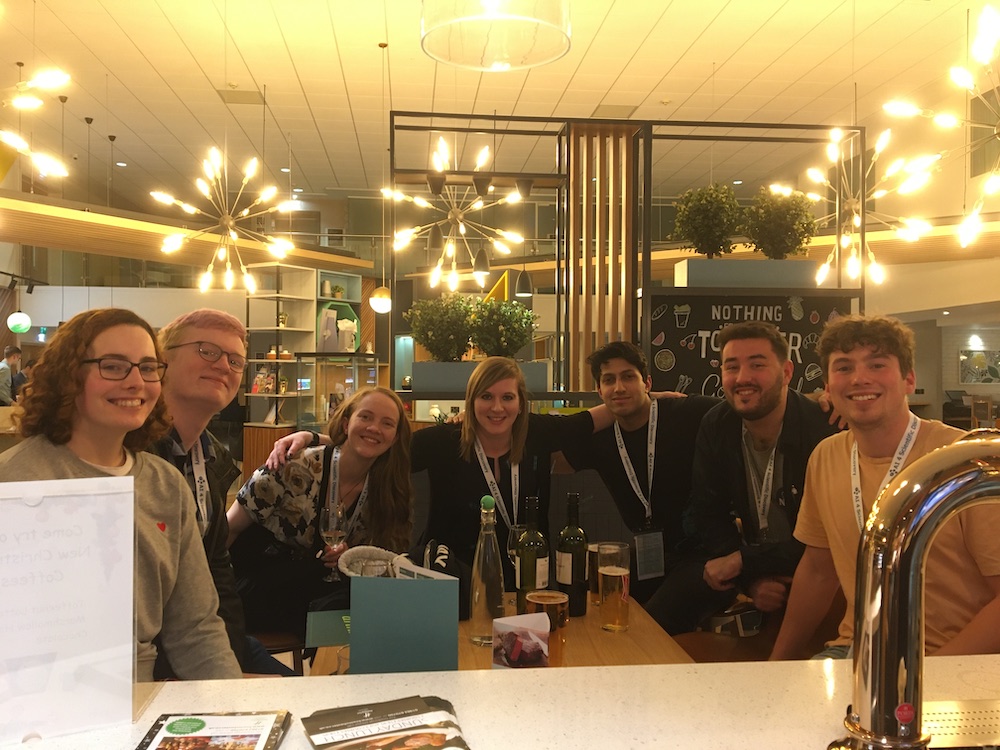1-3/03/2022 – AI4SD Network+ Conference 2022 – Chilworth Manor Hotel
We are the AI3SD Network+ (Artificial Intelligence and Augmented Intelligence for Automated Investigations for Scientific Discovery). The network+ is funded by EPSRC and hosted by the University of Southampton and aims to bring together researchers looking to show how cutting edge artificial and augmented intelligence technologies can be used to push the boundaries of scientific discovery. We launched in December 2018, and this conference marks the end of our network term. This is a three day residential event with a mixture of keynote talks from experts in the different areas of AI for Scientific Discovery, and discussions around different research areas. There will be dedicated time for networking and we will be implementing a smart badge system whereby attendees can mark their badges according to whether they are looking for a collaborator, employment, job candidates, PhD students etc. We will report on the activities of AI3SD over the last three years, including the events we have run, the pilot projects we have funded, and our summer school and summer internship initiatives. There will also be some musical entertainment in the evening.
